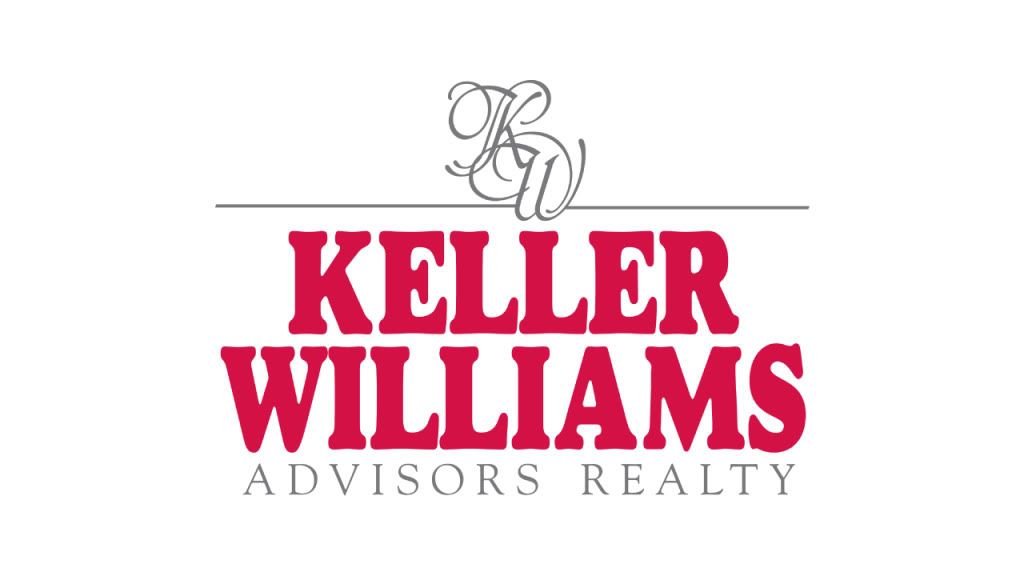Monday, November 12, 2012
What Are Reverse Mortgages and What Are Their Benefits?
Watch on your mobile device >>
As the name suggests, “reverse” mortgages work exactly the opposite from a "regular" mortgage. Instead of you making monthly payments to a lender, the lender pays you. And, generally speaking, you don’t have to repay it for as long as you live in your home. So, what does the lender get out of this bargain? Well, in return, he or she holds part or all of your home's equity.
Reverse Mortgage Advantages
Home owners who are “house rich, but cash poor” can be beneficiaries of this type of mortgage. It allows them to stay in their homes and still meet their financial obligations. In addition, the proceeds of the loan are tax-free. Also, there are no minimum income requirements, and, for most reverse mortgages, the money can be used for any purpose you choose.
Reverse Mortgage Disadvantages
Below is a list of the major disadvantages of such loans:
1.) Reverse mortgages tend to be more costly than traditional loans because they are “rising-debt” loans. This means that the interest is added to the principal loan balance each month. Therefore, the total amount of interest owed increases significantly with time as the interest compounds.
2.) Reverse mortgages also use up all or some of the equity in a home. This fact means that fewer assets are left for the homeowner and the heirs.
3.) Lenders generally charge origination fees and closing costs; some charge servicing fees. It’s up to the individual lender as to how much the fees and costs are.
4.) Interest on reverse mortgages isn't deductible on income tax returns until the loan is paid off in part or whole.
5.) Because you retain title to your home, you remain responsible for taxes, insurance, fuel, maintenance, etc.
6.) Scams are sometimes run by unethical lenders. Never accept a deal with door-to-door/home solicitation lenders. Reputable lenders have no need to go door-to-door in search of loans.
From all the disadvantages listed above, you can see that you need to understand exactly how they work and what responsibilities you’ll take on with such a loan. Below, I’ve provided you with basic knowledge on reverse mortgages so you have a foundation upon which to consider them.
Types of Reverse Mortgages
Reverse mortgages have several different forms:
1.) Federally insured Home Equity Conversion Mortgages("HECM"). These are administered by the Department of Housing and Urban Development ("HUD")
2.) Single-purpose reverse mortgages. These are usually offered by state or local government agencies for a specific reason
3.) Proprietary reverse mortgages. These are offered by banks, mortgage companies, and other private lenders and backed by the companies that develop them.
Qualifying Factors
You must be at least 62 years of age and have paid off all or most of your home mortgage. In general, income is not a factor, and no medical tests or medical histories are required. If you seek an HECM, you also must receive free mortgage counseling from an independent government-approved "housing agency." This may also be true of financial institutions offering proprietary reverse mortgages.
Loan Amount
The mortgage loan amount depends on:
- Your age
- The equity in your home
- The value of your home
- The interest rate
If you choose an HECM, federal law limits the maximum amount that can be paid out. There are several ways in which you can be paid - in a lump sum, through monthly advances, through a line of credit, or a combination of all three.
Recommendation
As with any mortgage, shop around and compare terms of reverse mortgages. In particular, check:
1.) Annual percentage rate (APR). This is the yearly cost of credit
2.) Type of interest rate. Check to see if it’s a fixed rate or an adjustable rate.
3.) Number of points (fees paid to the lender for the loan) and other closing costs. In some cases, this can be costly so check closely.
4.) Total amount loan cost ("TALC") rates. The TALC rate is the projected annual average cost of a reverse mortgage, including all itemized costs. TALC shows what the single all-inclusive interest rate would be if the lender could charge only interest and no fees or other costs. More about it here!
5.) Payment terms, including acceleration clauses. These terms state when the lender can declare the entire loan due immediately.
Remember: Under the federal Truth in Lending Act, lenders must disclose these terms and other information before you sign the loan. Also, on plans with adjustable rates, they must provide you with specific information about the variable rate feature. And, on plans with credit lines, they must inform you about appraisal or credit report charges, attorney's fees, or any other costs associated with opening and using the account. Make sure you understand these terms and costs.
Finally, in most cases, you have at least three business days after signing a reverse mortgage contract to cancel it in writing! Want to learn more about reverse mortgages or any other kind of mortgage? Contact me immediately!
Monday, November 5, 2012
Super Low Interest Rates Make It a Great Real Estate Market for Buyers AND Sellers!
Watch on your mobile device >>
Of course as a real estate agent, other than “hi, hello and how are you” the next most frequently asked thing we hear is “how’s the market doing these days?” That’s why for today’s video blog I wanted to talk about it.
Interest Rates Continue to Beat All Housing Industry Records
Throughout the past many months there has been one very consistent item of big news that seems to be controlling much of our market – and that is interest rates. Chances are you have already heard that interest rates are at their all time historic lows, making it more affordable than ever before to purchase and own a home. For homeowners with existing mortgages the low rates are facilitating significant savings when the mortgage is refinanced.
Buyers Can Afford A Lot More House for the Same Amount of Money
Another factor that low interest rates brings into play has to do with ‘how much house’ you can afford. What might have cost a monthly payment of $2500 just a few years ago may easily cost just $2000 depending on the property, terms and rates. With this added buying power, buyers are out there eager to lock in the amazing rates still available.
Sellers Enjoying Less Selling Competition on the Market
This is exactly what makes it a great time to sell. With so many buyers seeking the perfect home, particularly at the cusp of our 2012 holiday season, any inventory that is out there is scrutinized and often considered by buyers. Fewer available homes on the market make it very ideal for sellers since buyers want to get in before the holidays. Another phenomenon seen by sellers with show-ready homes that are priced right and in great locations and is one of multiple offers and even bidding wars.
Conditions Expected to Stay the Same for At Least a Few More Months
The news is that the government will hold the base rate down until at least the middle or end of 2013 – if not a bit longer. One school of thought is that the elections may have an adverse effect on our housing market but it is too soon to tell. It is important to note that even if there were a resultant outcome on the housing market from the election, the soonest we would see any of it materialize would be in the springtime of next year.
This is what makes now an excellent time to buy and also an excellent time to sell. Very rarely do we see a favorable market for both sides of the fence but today that is the case and it’s a great opportunity to pursue!
~
If you’d like to explore your options in today’s real estate market, whether to list your home or find the perfect new home – I invite you to contact us today! We look forward to making your real estate goals become a reality!
Subscribe to:
Comments (Atom)









